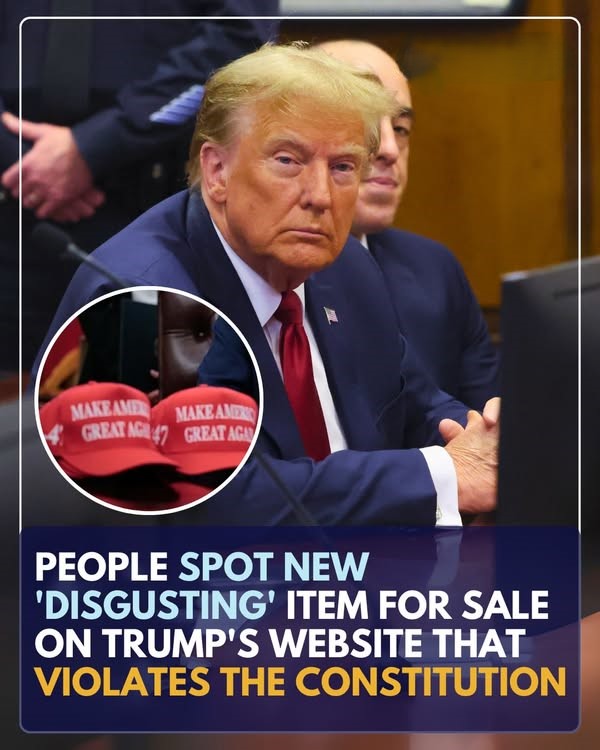New Campaign Products Raise Questions About Term Limits

Donald Trump’s official merchandise store has begun selling “Trump 2028” hats and T-shirts for $50, igniting a firestorm of controversy over the U.S. Constitution’s 22nd Amendment, which prohibits presidents from serving more than two terms.
Although Trump has not announced any intention to run in 2028, critics say the merchandise alone is provocative and misleading. By suggesting a third-term campaign, the products have sparked debate over how far political messaging can push the boundaries of constitutional law.
Is It Just Merch—or a Message?
The 22nd Amendment clearly states: “No person shall be elected to the office of the President more than twice.” Trump served as the 45th president from 2017 to 2021 and is actively campaigning to return in 2024. The appearance of “Trump 2028” gear has raised alarms among legal experts and political analysts alike.
“Selling ‘Trump 2028’ gear may not break the law, but it breaks the spirit of the Constitution,” said one constitutional law professor. “It sets a dangerous precedent when former presidents hint at ignoring term limits, even through marketing.”
Despite the outcry, the Trump campaign has doubled down. Eric Trump shared images of the new merchandise on social media, calling it a “bold and patriotic design.” The post quickly went viral, fueling both enthusiasm among supporters and outrage from critics.
Supporters vs. Critics
Trump’s supporters defend the merchandise as nothing more than a symbol of ongoing loyalty — a way to keep momentum going beyond the next election. To them, it’s clever branding and a show of strength, not a literal campaign announcement.
On the other hand, critics view the products as yet another way Trump undermines democratic norms. They argue that floating the idea of a third term, even through merchandise, weakens public respect for constitutional rules and encourages political extremism.
A Debate Bigger Than Hats
The controversy touches a deeper nerve in American politics: the fragile line between political expression and institutional erosion. As political merchandise increasingly becomes a tool for messaging and fundraising, questions are being asked about how far that messaging should go.
Legal scholars emphasize that while the First Amendment protects speech, including campaign slogans, it doesn’t protect efforts to normalize violations of constitutional law — even subtly.
Where This Might Lead
So far, there is no legal action pending, and no formal announcement of a 2028 candidacy has been made. But the “Trump 2028” merchandise has clearly reopened old wounds and added fuel to the ongoing debate about Trump’s influence and intentions.
Whether this is just provocative marketing or a trial balloon for public reaction, the message is loud and clear: Trump and his brand are still willing to test the limits — politically and constitutionally.
Leave a Reply